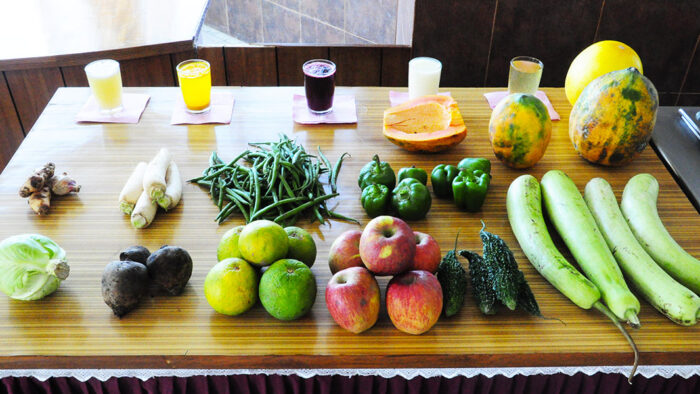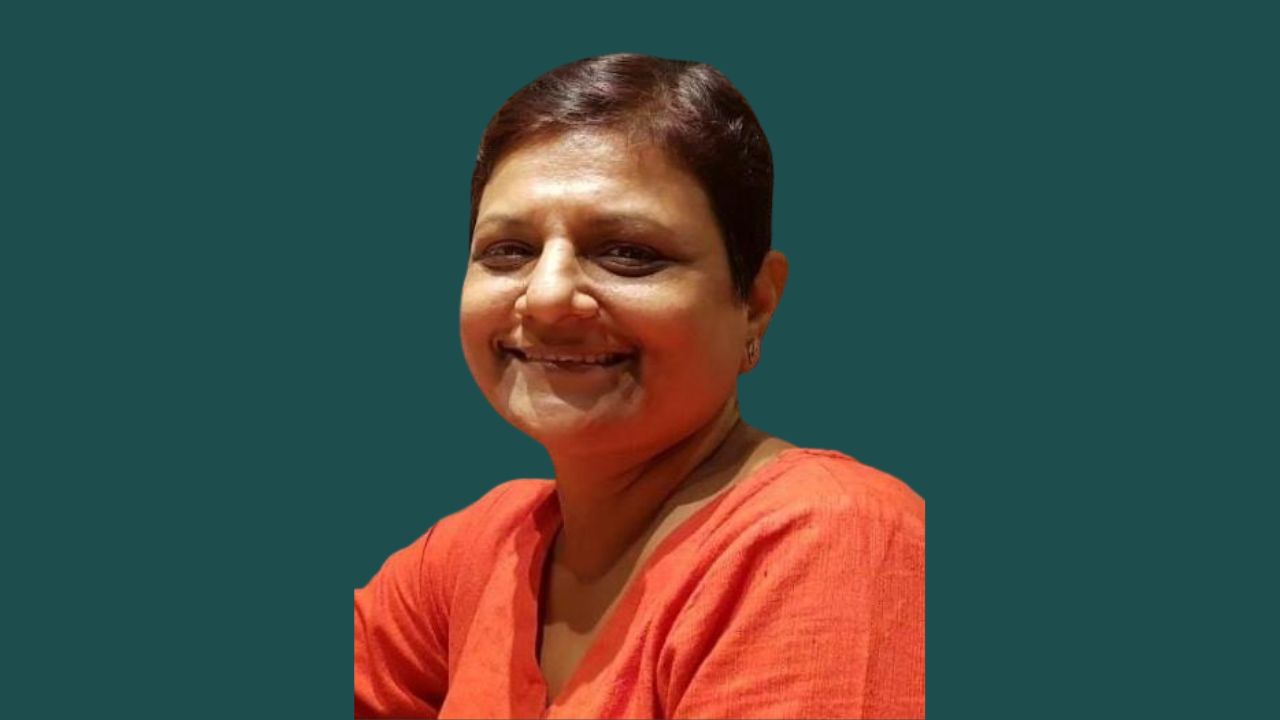For dietary practices, Ayurveda chalks out broader guidelines without specifically prohibiting or mandating certain food items. However, in a diseased condition it instructs about Pathya (wholesome) and Apathya (unwholesome) food categorically, based upon the nature of the imbalanced dosha - Dr Ashutosh Guleri
Nestled in the lap of the Himalayas, Kayakalp in Palampur, Himachal Pradesh offers a treatment mix of nature cure, panchakarma, physiotherapy and diet. The meals served in the dining halls of this 90-bed facility are simple, healthy yet tasty. During these frantic times many would have struggled with food choices. Dr Ashutosh Guleri, Kayakalp’s chief physician and administrator offers advice and insight into the food that's best for us, and follows the Ayurvedic dietary practices.
Excerpts:
What is the Ayurveda diet traditionally?

Charak Samhita, one of the most reputed texts of Ayurveda, clearly states that a balanced diet substantially eradicates fear of potential diseases. Yet, it doesn't mean that by consuming a balanced and healthy diet you will not fall sick ever, or that a poor diet will cause a disease immediately. It is a proven fact, however, that a wholesome, proportionate, and seasonal diet helps maintain the balance of biological forces in the body called doshas (Vata, Pitta and Kapha) in Ayurveda, India’s indigenous medical system. Therefore, it is imperative for all of us to follow the rules of healthy dietary practices and lifestyle.
For dietary practices, Ayurveda chalks out broader guidelines without specifically prohibiting or mandating certain food items. However, in a diseased condition it instructs about Pathya (wholesome) and Apathya (unwholesome) food categorically, based upon the nature of the imbalanced dosha or metabolic factor, physical strength of the person, nature of the disease, etc.
Traditionally, Ayurveda focuses both on the nature of food and nature of the individual. Therefore, our dietary instruction is not limited to the standardization of the food mix. It depends on multiple factors like season, taste, digestive capacity of the individual, personal liking, and homogeneity of food. This makes Ayurvedic planning of diet pragmatic, not driven by ulterior marketing gimmicks. As a broader guideline, Ayurveda recommends that one should always consume food, which is homologous to the body and in an appropriate quantity that one can digest easily. Overeating, not eating sufficiently, eating again while the previous meal is still not digested by the system, binge eating - such practices should be strictly avoided. I suggest that a health seeker should see an Ayurveda physician to understand the best suitable dietary practice for him/her to avoid any confusion.

How to tweak the Ayurvedic dietary practices and recommendations for modern times, for busy people?
Ayurvedic dietary advice is much more practical than contemporary practices and it emphasises taking control of your life. If we do not invest time to understand and correct our lifestyle, how will we be able to take control of our life? We work to earn bread and butter. If after expending so much of our time and effort to earn it, we are not left with proper time to cook and eat appropriately, what is the point? Busy lifestyle shall be managed with the help of time management tools, Ayurveda says. People spend hours and hours flipping through social media on their mobiles, but when it comes to food management, the common excuse is that they ran out of time. For those, who are already aware and manage their time effectively, they can always resort to easy to cook and healthy to eat items like vegetable porridge, steamed sprouts, poha, oatmeal etc., for breakfast. Lunch can include chapatis made from barley or millet flour, one bowl of seasonal vegetables/ lentils followed by a glass of buttermilk. For dinner one may repeat it or have a bowl of clear lentil soup.
Young working couples increasingly make do with frozen food or fast food.
We have already discussed that it is high time we start dwelling on subtler issues that are instrumental in maintaining health. Just like there is no shortcut to achieve success in life, there is no shortcut available to maintain health. It is always better to invest in health rather than having to pay for managing diseases. Frozen food, preserved food and inappropriate dietary habits are detrimental to health. They all increase the chances of developing lifestyle diseases such as high cholesterol levels, high blood pressure, fatty liver, and obesity. I would strongly advise young couples to gradually start adopting healthy dietary practices. Eating local and consuming seasonal food is the key. Eating local means food, which is locally grown, and home cooked essentially. On days if we must eat outside food, follow up by skipping a meal to mitigate the ill effects.
What is wrong in the way we normally cook?
We try to cook meals to make them more delicious and end up turning it into less nutritious food. To make a dish tastier for the tongue, we use condiments and creams in such a way that the food becomes heavy to digest, resulting in poor digestion and sluggish circulation. Worse, for people with sedentary lifestyles, that becomes the root cause of developing obesity and chronic diseases. I like to remind our patients at Kayakalp that food is a necessity, not a luxury. If we stick to the fundamentals of basic cooking, the same food becomes medicine and may help in maintaining good health. Ayurveda considers food as one of the main pillars of life. Food not only helps maintain physical strength, but it also contributes to sustaining our mental well-being. A healthy, proportionate, nutritious diet keeps our mind alert and agile. Therefore, be a conscious eater.





